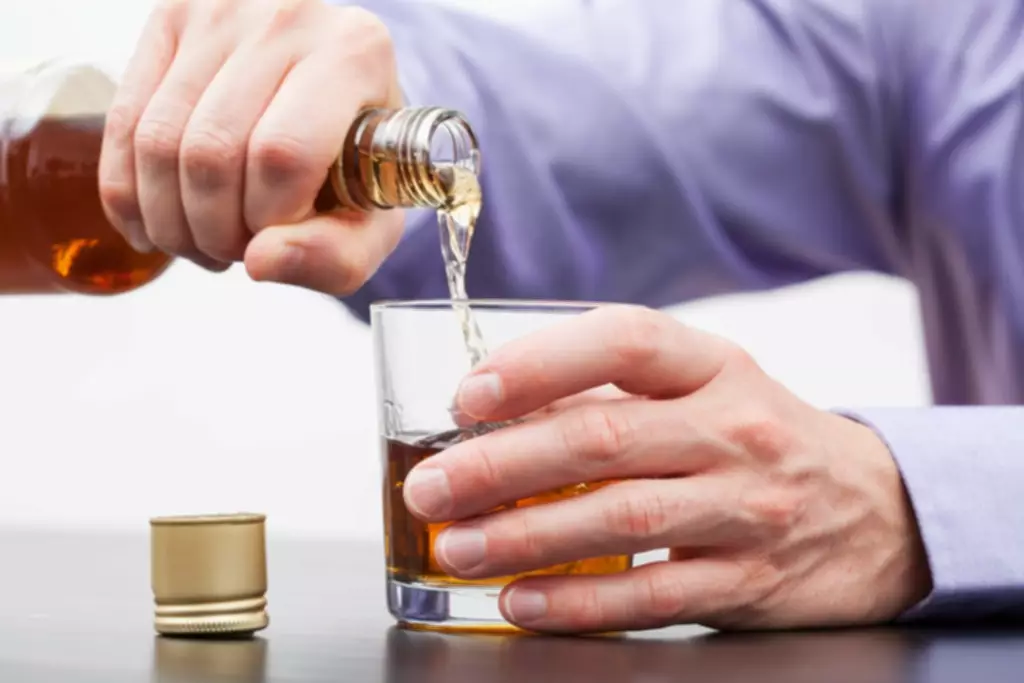Lykos Therapeutics, the company behind the study, said it previously reported the incident to the FDA and regulators in Canada, where the therapist is based. Lykos is essentially a corporate spinoff of the nation’s leading psychedelic advocacy group, the Multidisciplinary Assn. for Psychedelic Studies, or MAPS, which funded the studies. The group was founded in 1986 to promote the benefits of MDMA and other mind-altering substances. The panel of advisers to the Food and Drug Administration sided 10-1 against the overall benefits of MDMA when used to treat post-traumatic stress disorder.
- Brief treatment involving detox, therapy and supportive care may be effective for some people, but treating substance use disorders is a complex process that could last years.
- Rehab is unique to each person, and length of stay depends on factors such as the severity of addiction and the rate at which progress is being made.
- The schedule may allow for time to work on assignments or to engage in exercise or other prosocial activities.
Hunter Biden trial: Why his gun case hinges on one fateful day when he wasn’t using drugs
Panelists pointed to flawed studies that could have skewed results, missing follow-up data on patient outcomes and a lack of diversity among participants. The vast majority of patients studied were white; only five Black patients received MDMA, raising questions about the generalizability of the results. But it may take up to 12 weeks to see an improvement in your condition. Your doctor will monitor you during treatment to check whether the drug is working for you.
- While treatment for any period of time is helpful, the National Institute on Drug Abuse (NIDA) recommends people spend at least 90 days in treatment.
- The physical components of treatment involve freeing the body of its dependence on the addictive substance.
- Patients are often prescribed multiple medications to help manage these symptoms.
- Research and clinical experience have identified a number of factors that promote recovery.
- This can be a frightening and painful experience for people because many substances cause uncomfortable withdrawal symptoms.
- This increases their chances of developing the tools needed to sustain sobriety during recovery.
Symptoms to watch out for
Long-term rehab programs may last for 60 days or longer and can help you establish sobriety, learn about relapse prevention, and work toward lasting addiction recovery. How Long is Drug Rehab? People who develop substance use disorders often lose progress at school or work. Without steady employment, many people relapse into alcohol ordrug addiction.
A California panel is holding up studies on psychedelics. Some researchers want it gone
While MDMA would be a first-of-a-kind approval, U.S. doctors and the FDA itself have already laid some of the groundwork for working with drugs that can cause intense, psychological experiences. The studies tracked some patients for up to two years, but reviewers noted that about a quarter of patients quickly dropped out of the follow-up study, limiting the usefulness of the results. They said it’s difficult to know how much of the improvement came from MDMA versus simply undergoing intensive therapy, and also raised several safety concerns, including MDMA’s heart risks and potential for abuse. Ohio Medicaid Director Maureen Corcoran said her team is looking into what it’d take to apply for the federal waiver and what the upside would be. She noted that the federal rules prohibit cost shifting and jails would have to become Medicaid providers.
What Is Addiction Rehab?
Rehab programs that are 90 days or longer are beneficial for a number of reasons. First, people who suffer from addiction need time to cleanse their bodies of the addictive substance the right way. Detoxification is the first step in the recovery process, and depending on the substance or substances used, there may be medications that can ease the symptoms of withdrawal, making it as safe and comfortable as possible. Outpatient programs look similar to inpatient treatment but allow you to live at home or in a sober living environment and travel to the treatment facility to attend counseling and therapy sessions at specific times. If you don’t have private insurance, you may qualify for public insurance programs, such as Medicaid or Medicare. In addition, plans offered through the Affordable Care Act (“Obamacare”) are required to cover substance use and mental health services to the same extent that they cover medical needs.

Cognitive Behavioral Therapy in Residential Treatment
In and out of rehab
Floyd County drug rehab program takes different approach to recovery – WDBJ
Floyd County drug rehab program takes different approach to recovery.
Posted: Thu, 21 Jun 2018 07:00:00 GMT [source]
No Comments
Be the first to start a conversation